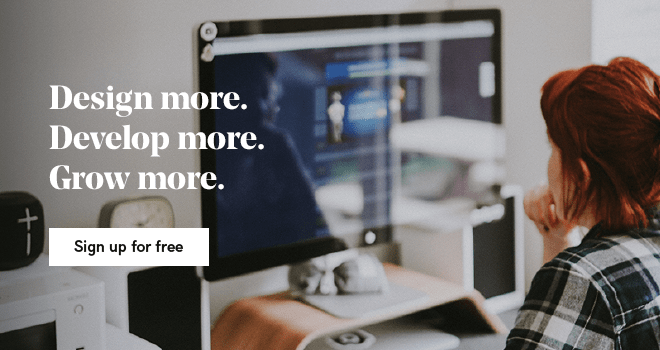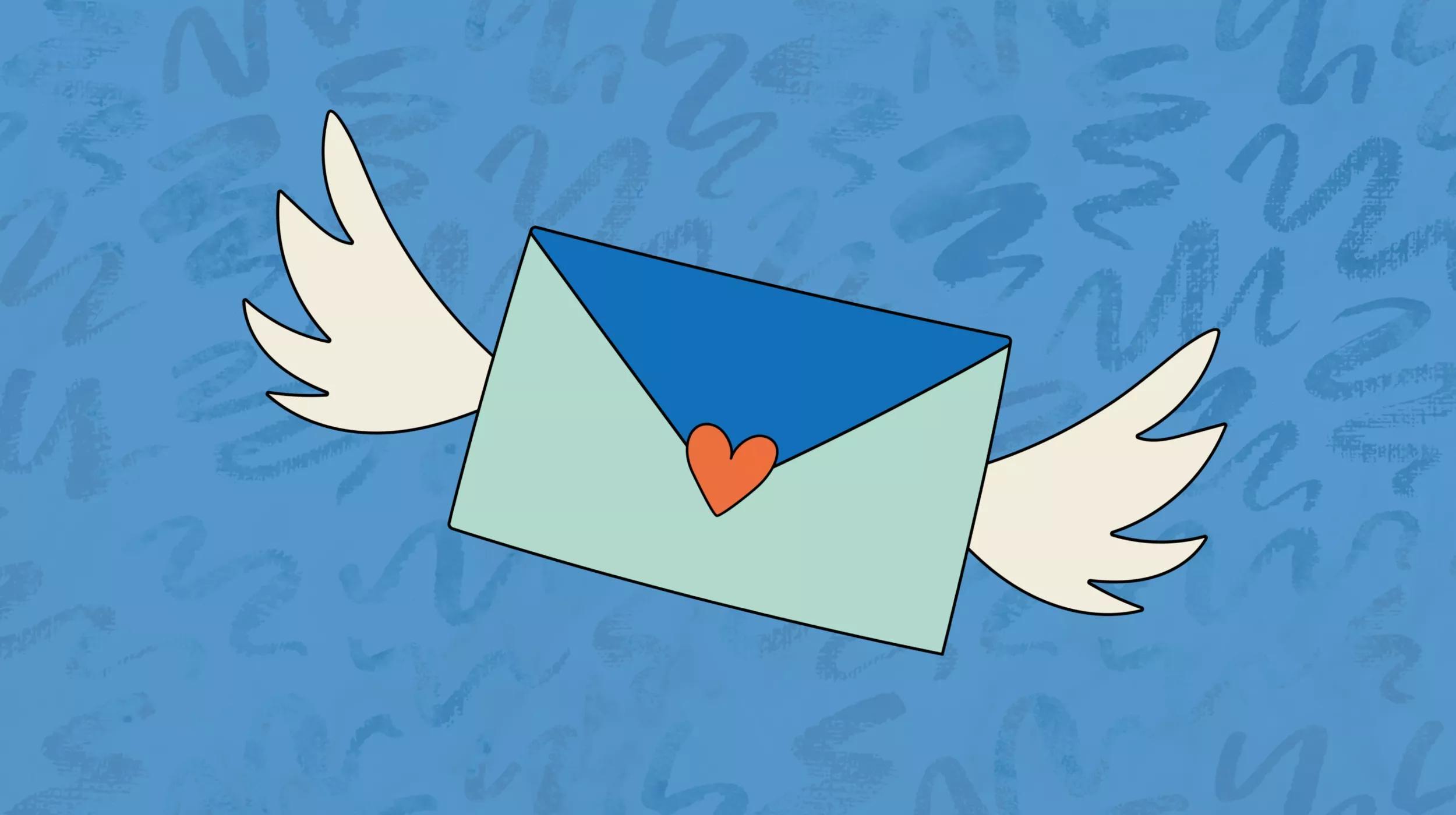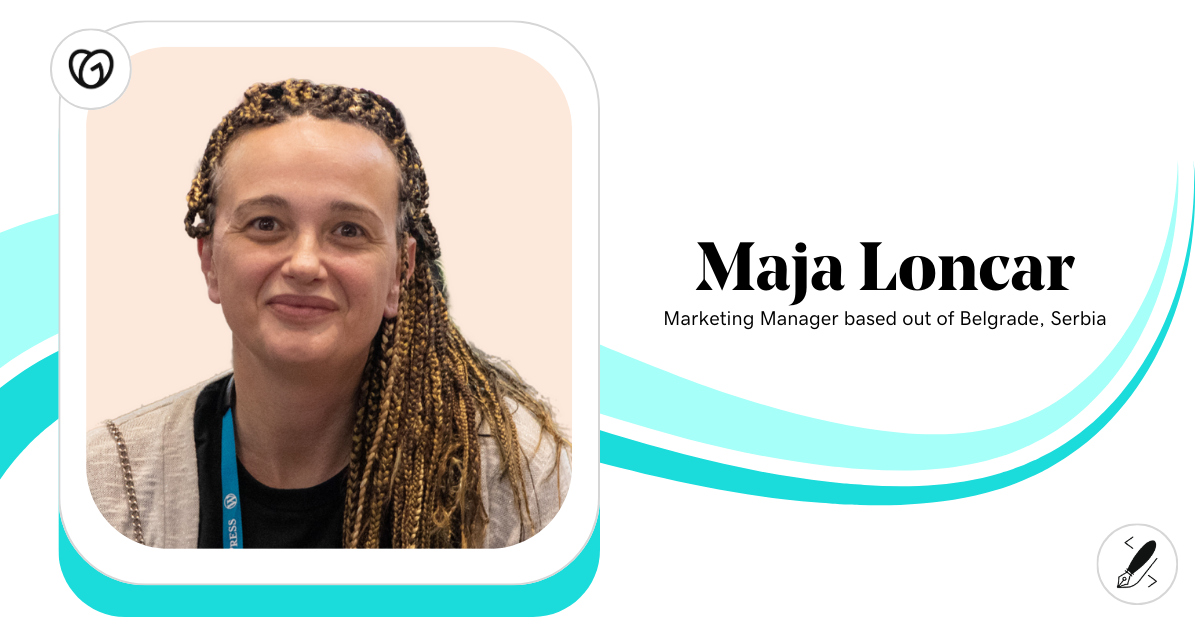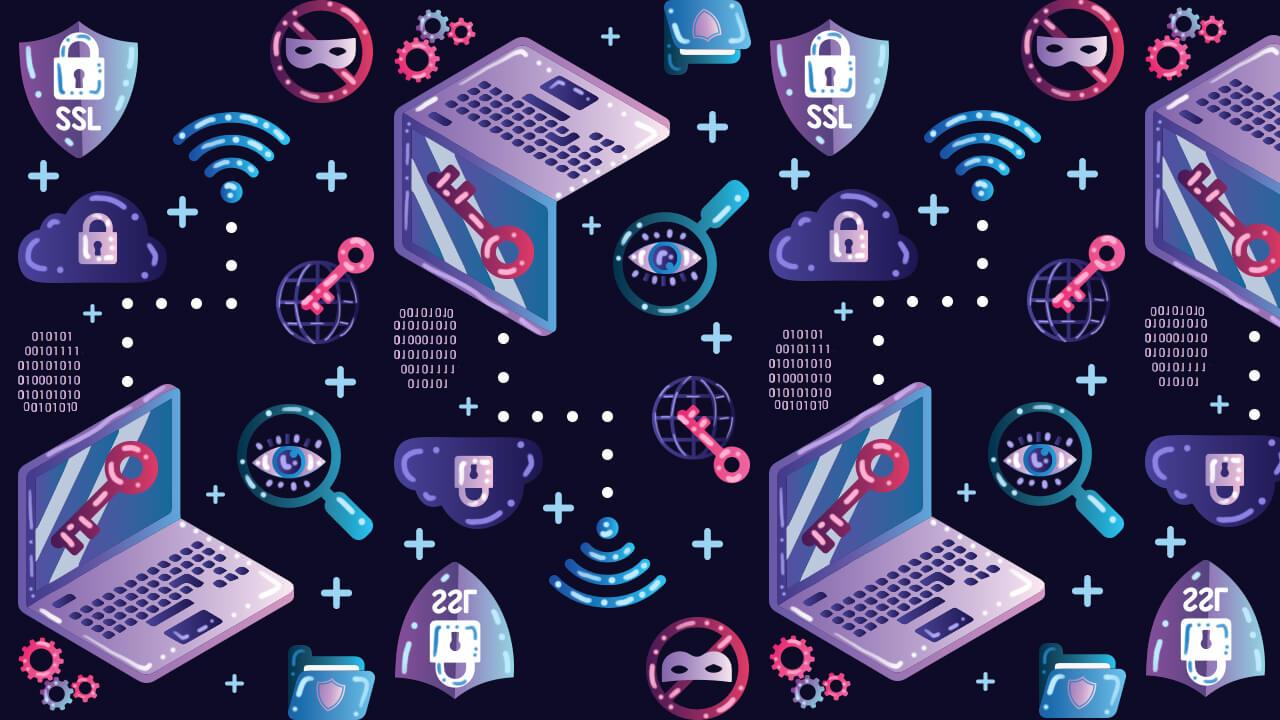Daymon Hoag is the owner and operator of Buckeye Web Development, LLC, based in Kenton, Ohio. We caught up to him for a discussion ranging from his pride in the Buckeye State, to a love of ecommerce, to the power of believing in yourself.
The who:
Given a business name is so central to a brand, we tend to put a lot of importance on it. How did you arrive at a name, and how do you feel about it now that you’ve been in business a while?
I live in Ohio, the Buckeye State, so I wanted a name that reflects the region in which I do business. I also own Phone TV Internet, LLC which was too restrictive since it was telecom based. I needed an umbrella for which to place all of my web development projects under. In 2012 Buckeye Web Development, LLC was born.
I think it is a fantastic business name, and if I hadn’t registered it and the domain someone would have. It is quite long for a domain though. Imagine typing this out in emails and registrations online. It is long enough people actually ask how to spell it, which I find amusing. Nonetheless it is catchy and easy to remember. I don’t regret the name one bit.
What’s your physical location?
I have a home-based office located in the small Ohio town of Kenton (population about 8,000). I don’t have a store front so to speak, but local clients are always welcome to my home to discuss business which they sometimes do. It’s funny, I used to be embarrassed by the fact my office is home based. That is until I realized how many thousands of small-business web developers like myself all work from their homes every day.
With some brands, location is a key component. Is there anything about the place you live and work that’s shaped your own brand?
Having been born in, raised in, and lived in the Buckeye State most of my life gives me strong ties to the State of Ohio. I even use the state’s official colors in all of my branding. I think it instills a sense of trust among locals, and those from out of state know they’re dealing with a U.S.-based business for the most part.
How would you describe your professional experience and background?
I am quite literally a self-starter. I began web development in about 2002. I didn’t even have a computer, just a webTV. I used that to build my first websites. I decided I wanted to learn more, so attended BGSU Firelands in the hopes of learning web design. Back then colleges didn’t really have many web development courses. My choices were Computer Science and Communication Arts Technology. I went with the latter.
It didn’t take long to realize they weren’t really teaching what I wanted to learn, so I bought books and taught myself. By 2007, I had a website that was profitable and was sold to a larger developer for six figures. I had no plans on selling the site when I built it, but realized this is kind of how the web works, so I built another and it sold for nearly double what the first one did.
Up to that point I had only worked on personal projects, but gained enough knowledge in building and optimizing websites that I decided to offer my services.
So, yeah. I had no fancy degrees or techy jobs with large companies. Just a passion for web development that took me places I never dreamed of going.
Could you describe the scope of your operation?
I’ve always been a one-man operation working on client websites and personal projects. To me, building a website isn’t enough. Anyone can do that these days. That being said I work on speed optimization, search optimization, and conversion. In a way, I’m leery of growing beyond a one person operation. I don’t want my hobby to become too much like “work.”
Some entrepreneurs describe an aha! moment, the instant they decided it was time to take things into their own hands. Could you describe any of those moments you’ve had?
I think going back to the sale of my first website would be my “aha!” moment. I mean, I did this for fun, and made a little extra dough on the side. Who knew it could be so lucrative? I knew at that point though I had to branch out from telecom. I’m glad I did.
The what:
What kind of projects do you prefer to work on?
I like building ecommerce websites the best. Especially those based on WooCommerce. There’s just so much you can do. In the right hands, WooCommerce can be made to create an experience for the shopper that isn’t just useful and informative, but a lot of fun. Knowing how to use tags, filters, categories, and attributes to get customers you’ve never met (and maybe never will) to the right place is both challenging and rewarding. I love it!
Could you describe your typical client (if you have a typical client)?
Funny you should ask. I imagine my typical client is like anyone’s typical client. They’re more concerned with how their website looks than just about anything else. They want it to “pop.” Ask how many developers have heard that expression. Other than that, my clients are typically local small businesses. Anything from factories to small stores, even a monument company.
Could you describe a project that you feel exemplifies you at your best?
One of my favorite projects was BakerAirguns.com. They are a brick-and-mortar store that sells pellet and BB guns, plus do repairs. They have a lot of old vintage airguns, some I’ve seen dating back to the `20s. They have a fun product which makes the whole project fun to work on.
I used to create a lot of the graphics for their website, and do a lot of the listings, but they have pretty much taken over on that and do a great job I think. It is also very profitable. Watching that website grow over the years has been an amazing experience. It literally went from a trickle of traffic to over 1,500 unique visitors per day. They are known throughout the nation in the airgun business yet based in a small town with two traffic lights and a population of about 600. A true attestment to the power of the internet.
The how:
An obvious metric for measuring our own success is how much you got paid versus how much time it took. In your experience, what are the advantages and drawbacks here?
I find the most profitable projects are personal ones. If done right, the money keeps coming in month after month. It can be hit or miss, though. I’ve built a dud or two, as everyone I’m sure probably has. It is possible to spend a lot of time on a website and have nothing to show for it other than experience. But hey, experience is profitable, right? It is also possible to build something that just “takes off” and can continue bringing in profits for years to come.
As for working on client projects they’re often a one off with a decent return on your invested time during the build. Getting a decent chunk upon completion of an initial project is nice. After that I charge an hourly rate per project when needed. Clients generally want to add and change things (even things they could easily do themselves). The drawback here though is I never know when I’m going to be needed. It isn’t a very predictable earnings flow.
Are there any resources (e.g. apps, processes) that you’d recommend to an up-and-comer?
Honestly, books. Get books. Get off the internet, and get books. Everyone wants to use an app or copy some code they found online these days. I don’t think it is the best way to learn. I’m not saying apps, code sites, and online learning aren’t useful. I just think they should come after the books. That being said, my favorite CMS is WordPress, my favorite text editor is Notepad++, and my favorite FTP program is FileZilla. Check out CodePen if you want to test your HTML, CSS, and JS in the browser on the fly. I also like Affinity Designer (cheaper than Adobe Illustrator) and Photoshop (there’s no suitable replacement for Photoshop in my opinion) for working with graphics.
Imagine you could travel back in a time machine to a point where you were like, Forget this. I’m done! What advice would you give yourself?
You’re probably expecting an answer like “hang in there”, or “don’t do it.” I’ve had a couple of these experiences that lead me down the path to web development. Those moments when I said I was done, I was, and if I hadn’t changed direction in those instances I don’t know if I would be doing this interview today. I think the advice to myself would be “trust your gut.”
What’s your parting shot for people who want to be like you when they grow up?
What I used to tell my two sons when they were growing up to instill in them the power of a good attitude and positive thinking was “If you think you can you will. If you think you can’t you probably won’t.” I believe that.
Love wasted time? (Neither do we.)
Fumbling for login credentials, running endless updates, explaining product purchases... No thanks. We built The Hub from GoDaddy Pro to save you an average three hours per month for every client site you maintain.







